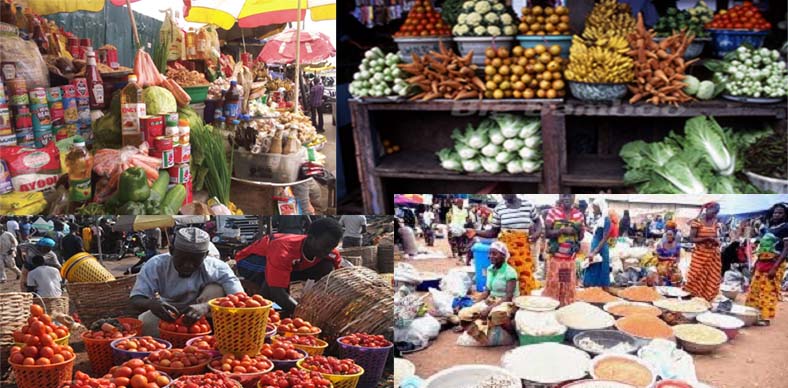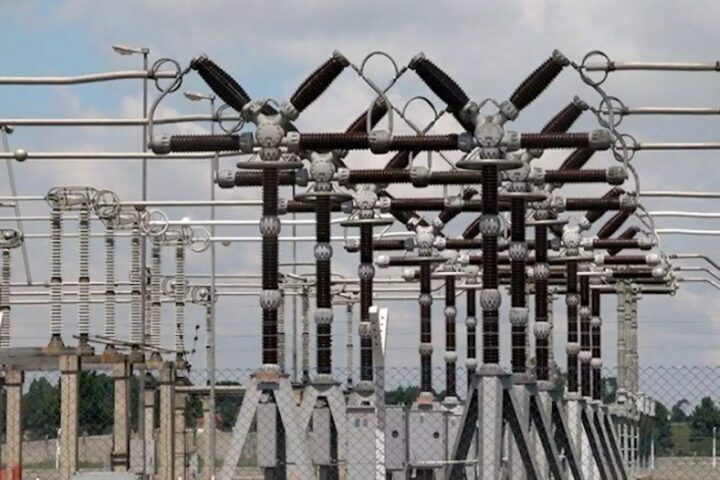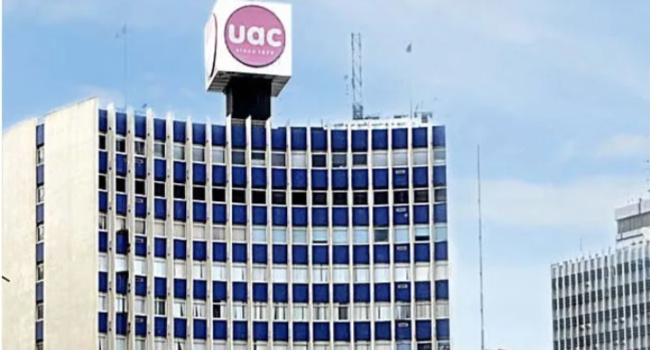The Federal Competition and Consumer Protection Commission (FCCPC) is stepping up its efforts to ensure fair pricing practices across Nigeria, aiming to shield consumers from unjust price hikes in both formal and informal markets.
Dr. Adamu Abdullahi, the Acting Chief Executive Officer of FCCPC, emphasized the commission’s commitment to protecting consumers from exploitation, stating, “This situation is unacceptable.”
Join our WhatsApp ChannelAbdullahi highlighted the discrepancy between the recent appreciation of the Naira against the dollar and the persistent escalation in consumer costs. He emphasized that while the FCCPC cannot directly regulate prices, it will leverage its legal framework to enforce fair competition and consumer protection provisions.
The commission has instructed its agents to bolster surveillance in all market sectors, formal and informal alike, where businesses may exploit market conditions to inflate prices unfairly. Additionally, they will work closely with trade associations, farmer groups, and other stakeholders to identify and eliminate barriers to entry, combat price-fixing, and dismantle cartels.
“We cannot stand by while consumers bear the brunt of rising costs. Our operatives will be vigilant in rooting out unfair practices and promoting healthy competition,” Abdullahi affirmed.
The FCCPC’s move comes in response to mounting complaints from Nigerians regarding persistently high prices despite the Naira’s appreciation against the Dollar. Citizens have voiced concerns about the widening gap between headline inflation and food inflation, as reported by the National Bureau of Statistics.
Recent data from the NBS revealed a significant spike in food inflation, reaching 40.01% year-on-year as of March 2024, marking a substantial increase from 24.45% in March 2023. This surge has been particularly evident in staple food items such as garri, millet, yam tubers, and others.
In an earlier statement, the FCCPC urged Nigerians to report any unfair trade practices they encounter. The commission remains steadfast in its mission to ensure that consumers are not subjected to exploitation in the marketplace.
As Nigerians grapple with the economic challenges posed by inflationary pressures, the FCCPC’s proactive measures aim to alleviate the burden on consumers and promote a more equitable market environment.
Emmanuel Ochayi is a journalist. He is a graduate of the University of Lagos, School of first choice and the nations pride. Emmanuel is keen on exploring writing angles in different areas, including Business, climate change, politics, Education, and others.
- Emmanuel Ochayihttps://www.primebusiness.africa/author/ochayi/
- Emmanuel Ochayihttps://www.primebusiness.africa/author/ochayi/
- Emmanuel Ochayihttps://www.primebusiness.africa/author/ochayi/
- Emmanuel Ochayihttps://www.primebusiness.africa/author/ochayi/


















Follow Us